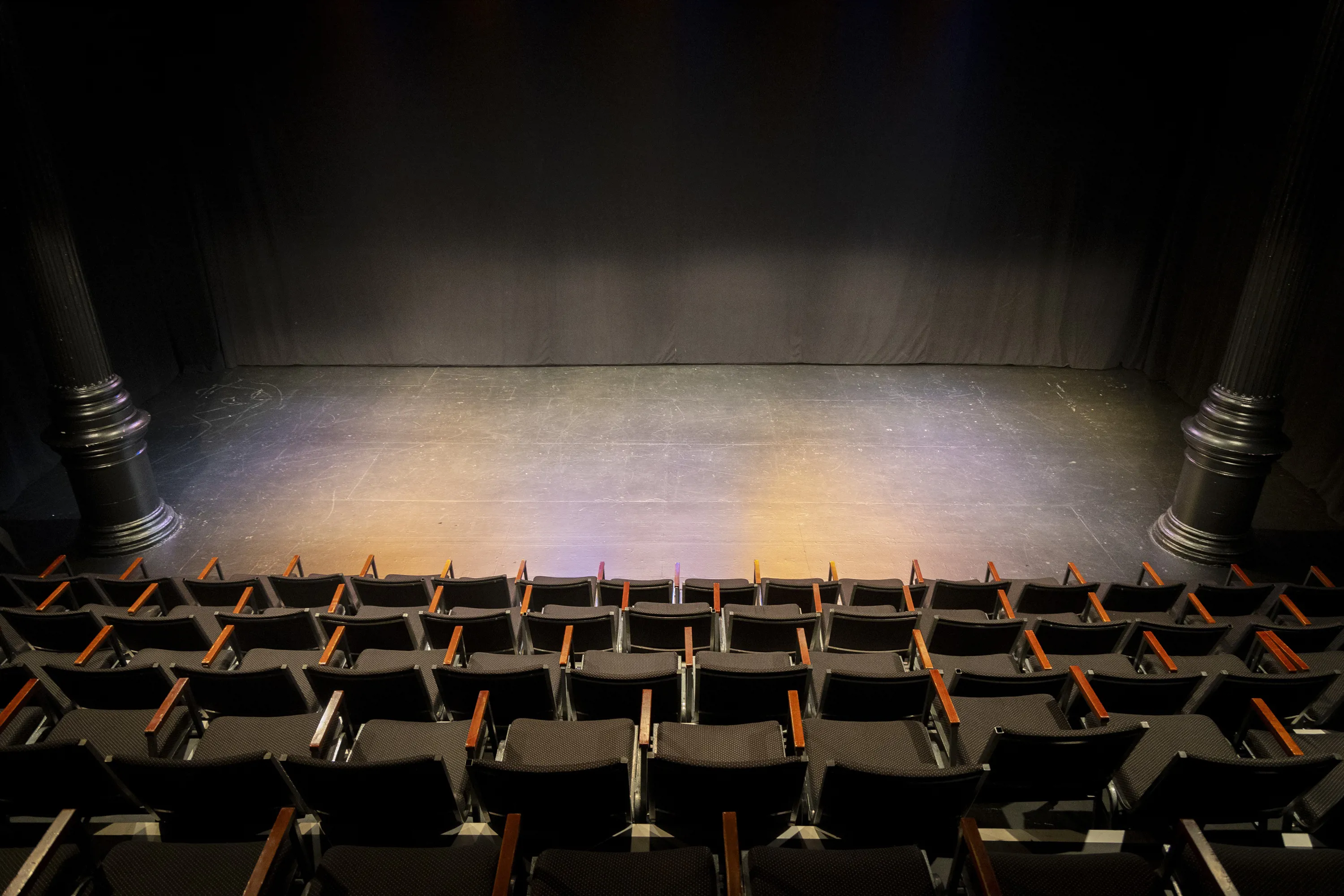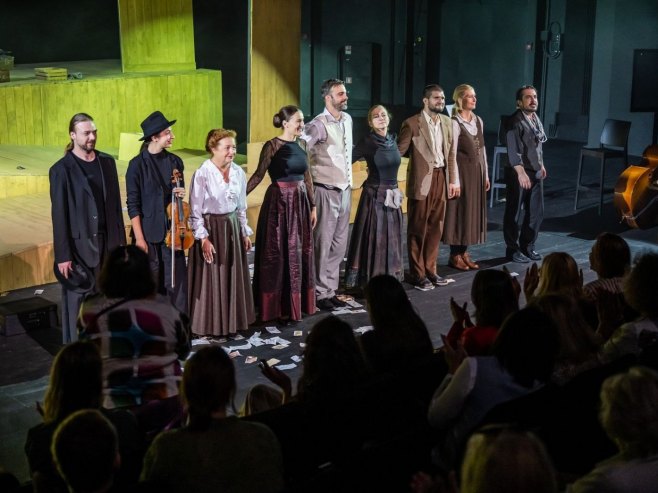The Student Cultural Center in Banja Luka will host the premiere of the play Vernissage by Václav Havel, directed by Belinda Stijak, on September 28.
Vernissage tells the story of a man invited to dinner at the home of his closest friends, only to discover that the evening is anything but friendly. The play follows an intellectual who becomes marginalized because of his beliefs.
Although originally written in the aftermath of the 1968 political events in Czechoslovakia, the Banja Luka production has chosen to project the story into the future. Genre-wise, it can be described as a form of neo-futurism. Beyond its literary value, Havel’s work continues to inspire theater practitioners worldwide, which explains why Banja Luka artists selected this particular piece.
Actress and director Belinda Stijak says that together with her colleagues, she is exploring what drives a person to sell their soul for material goods, social status, and power.
“Havel was a Czech writer, politician, and dissident—a man deeply engaged in the life of his people. Everything he wrote about then remains relevant today. Unfortunately, it seems humanity is moving backward or standing still. In this play, we explore what pushes people to sacrifice their soul for material gain, position, and status,” said Stijak.
The director highlights the clear confrontation between intellectuals who fiercely guard their freedom and those willing to compromise everything for personal benefit.
“We see a confrontation between intellectuals who protect their freedom even at the cost of having nothing to eat, and others who will accept anything for personal gain. We were interested in the phenomenon of petty-bourgeois conformity, hypocrisy, and social pressure to fit into what the system demands. Havel criticizes totalitarianism and systems that suffocate individuality—and this remains a global problem,” Stijak explained.
The creative team points out that such themes and intelligently written texts provide an opportunity for an engaging artistic exploration.
“Topics like these and such precisely written, multilayered texts offer a chance for an exciting theatrical journey, filled with exploration and imagination. The text is dramaturgically precise and complex, making it both challenging to stage and perform,” the team stated.
Stijak also noted that plays like Vernissage are essential for directors, who must remain grounded in reality and address social issues.
“I would love to receive such a complex role as an actress. These plays are equally important for directors because they must identify societal problems and bring them to the surface, highlighting anomalies. Of course, such themes are sensitive and always open space for polemics—but that is precisely the role of theater: to stir, awaken, and raise awareness,” Stijak said.
Alongside young actors Mila Stanojević and Nikola Stanković, and the experienced actor Aleksandar Runjić, the creative team includes scenographer Sara Stjepanović, costume designer Vladimirka Velaga, dramaturge Aleksandar Vasiljević, and composer Bojan Stijak.
The Ensemble
Banja Luka’s Belinda Stijak emphasized her great satisfaction in working with Aleksandar Runjić, with whom she has often collaborated, as well as the rest of her artistic team aboard the “Vernissage” theater ship.
“It is a great pleasure to work with Aleksandar Runjić, an actor of the Children’s Theater of Republika Srpska, as we have collaborated many times on different projects. He is an endlessly talented actor, with a remarkable sense of measure, authenticity, and naturalness—a wonderful colleague. On the other hand, I am working for the first time with Mila Stanojević and Nikola Stanković, and I am thrilled by their dedication, talent, and professionalism. They work as if they already have many years of experience behind them,” said Stijak.
Source: Glas Srpske









